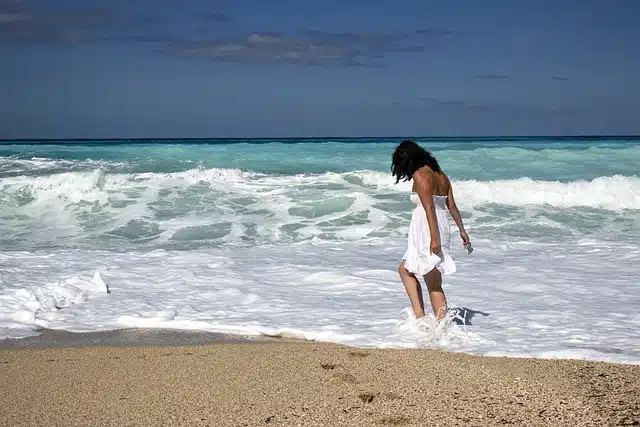
Relaxation is associated with a decrease in stress and/or body tension.
From the Latin relaxatĭo , relaxation is the action and effect of relaxing or relaxing (loosen, soften , distract the mood with some rest). Relaxation, therefore, is associated with reducing physical and/or mental tension .
For example: "My yoga teacher taught me relaxation exercises" , "Listening to classical music helps my relaxation" , "When I am very nervous, I can't find anything that contributes to my relaxation" .
Relaxation techniques
Methods that allow you to achieve calm and reduce stress are known as relaxation techniques . These techniques imply various health benefits, since they help reduce muscle tension, blood pressure and heart rate.
Anxiety , panic attacks , depression , insomnia and even headaches can be treated and relieved with relaxation techniques, which include activities as diverse as walking, gardening, meditating, listening to certain types of music. or pray.

Yoga contributes to relaxation.
Yoga and other resources
One of the practices most associated with relaxation is yoga , a set of disciplines originating in China that seek for the subject to achieve spiritual perfection and union with the absolute. In the Western world, yoga is associated with mastery of the body and the ability to concentrate.
However, in addition to yoga, we have to explain that there are many other relaxation techniques and methods. Among them we could highlight meditation , self- hypnosis , massages , tai-chi or acupuncture .
All this without forgetting the technique of rebirthing , or rebirth , which was born in the 1960s and is based on two fundamental pillars: developing creative thinking techniques and undertaking various types of breathing. There are, however, both detractors and supporters of it. The latter, specifically, do it because they consider that it allows them to achieve inner peace and improve relationships with others.
Muscle relaxation , on the other hand, is the moment when muscle contraction comes to an end. Relaxation, therefore, represents the end of the physiological process in which muscles tense and shorten or stretch.
Relaxation and the Inquisition
In addition to all this, we cannot ignore the use that the term relaxation was given in the past. Specifically, it was used by the Holy Inquisition to refer to the process that consisted of handing over the person who had been sentenced to death to the corresponding court. The objective of undertaking this action was none other than to allow the established sentence to be carried out.
The vile garrote or burning were two of the methods used to enforce the death sentence after that aforementioned act of relaxation. It is interesting to note that the last of this type that took place was in 1781 in the city of Seville and the victim was none other than María de los Dolores López , who was accused of having sexual relations with her confessors and of lying. about supposed divine revelations he had.
Reduction of punishment or control
Relaxation, finally, is the reduction of a punishment or the fact of making the observance of a law or regulation less severe .
"The opposition promotes a relaxation in traffic control" y "The rector is willing to negotiate a relaxation of sanctions" son dos expresiones que muestran este uso.
